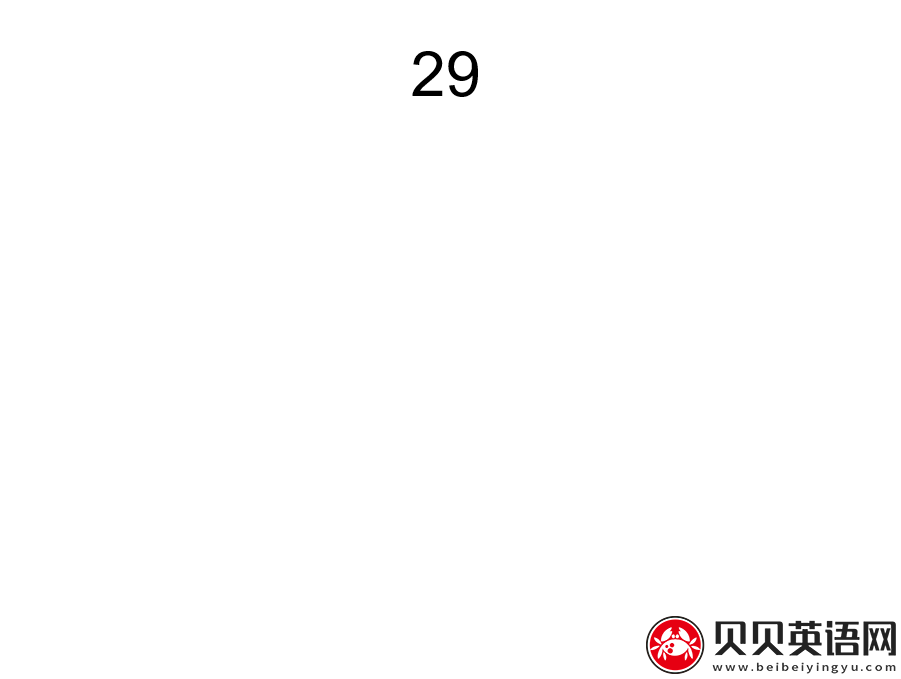欢迎访问贝贝英语网!

whether we find a joke funny or not 是一个名词性从句,在句子中作主语。虽然从属连词whether和if 意义相同,但它们在名词性从句的使用中,有较严格的使用界限:
当引导的名词性从句在句中作主语时,必须使用whether,而不能使用if,如:
e.g. (1)他是否在合同上签了字都无关紧要。
Whether he has signed the contract (or not) doesn’t mater.
(2) 他们是否能同他们的母亲住在一起则是另一回事。
Whether they can stay with their mother is another matter.
2. 当引导的名词性从句在动词be后作补语或在介词后作宾语时,必须使用whether而不能使用if,如:
e.g. (1) 问题是他是否在合同上签了字。
The question is whether he has signed the contract.
(2) 我很关心他是否在合同上签了字。
I’m concerned about whether he has signed the contract (or not).
be bound up with dependent on; connected with与/同……(紧密地) 联系在一起; 有赖于;与……有关系如:
e.g. (1) 人民的生活水平同该国的繁荣昌盛息息相关。
People’s living standard is bound up with the prosperity of the country.
(2) 一个国家的未来同年轻人所受教育密不可分。
The future of a country is bound up with the education of the young.
bound adj.
very likely; certain很有可能的,肯定的
e.g. 过一会儿肯定会下雨。
It’s bound to rain soon.
having a duty, legally or morally, to do something负有义务的,有责任受……约束的,理应……的
e.g. 在法律上你没有义务非回答这些问题不可。
You are not legally bound to answer these questions.